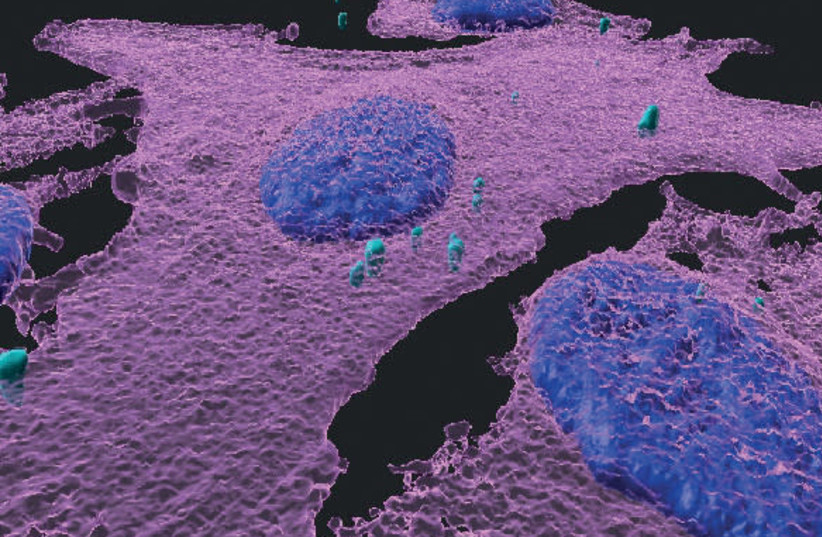On Wednesday, cancer solution biotech company Nectin Therapeutics announced that it has dosed the first patient in its Phase 1 clinical trial of the PVR blocker NTX1088 in cancer patients with locally advanced and metastatic solid tumors.
The trial is being conducted at The University of Texas MD Anderson Cancer Center with an investment from the Cancer Focus Fund. The trial will include up to 90 patients treated with NTX1088 as a monotherapy and in combination with a PD1 blocker.
Additionally, Nectin has announced that it has extended its Series A financing to over $25 million. IBF and Peregrine Ventures led the round, with participation from aMoon Fund and other existing investors. The funding will be used to support the ongoing clinical evaluation of NTX1088, and to further advance the company’s pipeline of targeted immunotherapies and Antibody Drug Conjugates.
"NTX1088’s triple mechanism of action represents a unique approach to treating challenging cancers and we are excited by its potential to address a range of treatment-resistant tumors," said Ross Barrett, a founder and managing partner of Cancer Focus Fund. "Cancer Focus Fund was established to help finance cancer clinical trials with exceptional potential and we are delighted that this Phase 1 study of NTX1088 is underway."
The Phase 1 trial is an open-label study consisting of a dose escalation stage in up to 50 patients and an expansion stage in 40 patients. The primary objectives of the dose escalation stage are to assess safety and tolerability and to select a recommended safe and effective Phase 2 dose.

“Nectin has developed a highly innovative pipeline that has the potential to fundamentally overcome the limitations of existing immune-oncology therapies, delivering new treatment options for patients suffering from difficult-to-treat cancers, and we look forward to the results of the Phase 1 clinical trial of NTX1088,” said Fabian Tenenbaum, CEO at Nectin Therapeutics.
A (simplified) peek under the hood
PVR is a problematic protein that is expressed in cancer cells, leading to the removal of a helpful glycoprotein called DNAM1. PVR overexpression occurs in solid tumors in a variety of cancers including lung, colorectal, liver, uterine, breast, esophageal and several others.
Nectin’s new solution aims to restore DNAM1 to the surface of immune cells by blocking PVR, resulting in increased anti-tumor activity. In addition, blocking PVR also stimulates an anti-tumor response by preventing certain immune-suppressing signals within the body.
“PVR blockade by NTX1088, with its first-in-class differentiated mechanism of action, has demonstrated compelling preclinical anti-tumor activity both as a monotherapy and in combination with other cancer immunotherapies,” said Dr. Pini Tsukerman, co-founder and CSO of Nectin. “Importantly, NTX1088 has potent activity in ICI refractive models where TIGIT or PD1 blockade has failed to show a benefit.”
